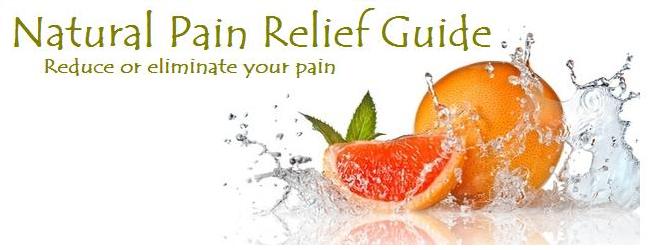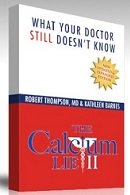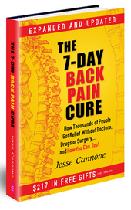Antioxidant Facts: Essentials You Should Know
Looking for antioxidant facts? Want to understand just what they are? Here is a way to think of it. What do all of the following have in common?
- the rust on your car
- a sliced apple turning brown
- the fire in your woodstove
- many chronic illnesses
In each case, the effects of oxygen are seen; oxidation is happening. You can prevent the apple slices from turning brown by coating them with lemon juice. The lemon juice, in that case, is acting as an antioxidant.
Oxygen is essential for life. But when combined in certain ways with other elements it forms what are called free radicals. These highly-reactive parts of molecules cause considerable cell damage as they go scavenging through our bodies for an electron to balance their charge. We are exposed to much more free-radical damage than earlier generations because of increases in stress, pollution, UV radiation and from many other sources. Also, we tend to take in fewer of the natural antioxidants, which reduce free-radical damage, such as Vitamins C and E, selenium and zinc. This is because of a lower consumption of fresh fruits and vegetables, because produce is often picked before ripe to reduce damage in shipping and because, due to soil mineral depletion, produce often contains lower levels of vitamins, minerals and antioxidants.
If you have often been hearing the term "antioxidants" lately it is because there is an antioxidant revolution happening in the field of health as antioxidant facts have become better known. And you might benefit from knowing what is going on. The subject of antioxidants has been well-researched. In the cases of chronic diseases such as
"... cancer, Alzheimer's disease, Parkinson's disease, cataracts and a host of other disorders, it's thought that the formation of free radicals ... trigger a series of rapid cell-killing chemical reactions overpowering the body's defenses against them ..." (The Wall Street Journal, Jan. 17, 1989).
Dr. Richard Passwater, a researcher who has discovered many antioxidant facts, says that free radicals can contribute to approximately 80 different age-related diseases. These include cancer, heart attack, stroke, rheumatoid arthritis, cataracts and Alzheimer's disease. So we need more antioxidants to protect our health, but we are getting less. What can we do about it? How can we slow the free-radical damage that contributes to so many degenerative diseases and causes us to age more quickly?
It turns out that many of the things we have heard about that are supposed to contribute to good health help with this problem. Ever heard "eat your broccoli"? Eating lots of fresh fruits and vegetables in a more natural state, avoidance of stress, smoke and pollution, and even exercise all help to reduce antioxidant damage.
Among the most powerful antioxidants are some of the recently-discovered phytochemicals (chemicals produced by plants). Often, the best source of these is whole foods. However, when the health is already compromised, supplements may help the body to correct free-radical damage. This makes it possible for the body to then fight against many ongoing health problems. An example of an antioxidant often taken in supplement form is NAC or N-acetylcysteine. NAC is a mucolytic, a substance that breaks up mucus, especially in the lungs. Clinical trials in Europe have indicated that NAC may offer protection against the flu and flu-like symptoms. It also may enhance the production of T-cells, an important part of the immune system. Another antioxidant, the OPC's found in grapes, inhibit the mutation of DNA and will even act as an oral cosmetic helping to keep skin healthy and fight wrinkles.
Just like knowing how to care for your car is beneficial, becoming aware of antioxidant facts and the problem of free radicals is a good start to protecting yourself. A few simple lifestyle changes can help you gain better health and slow the aging process.
|








New! Comments
Have your say about what you just read! Leave me a comment in the box below.